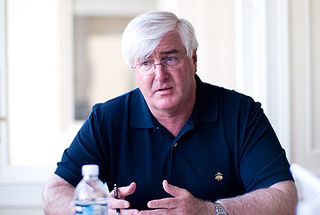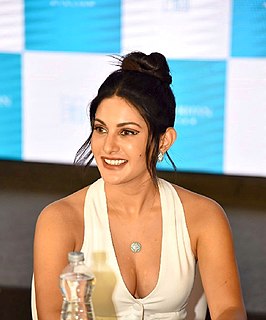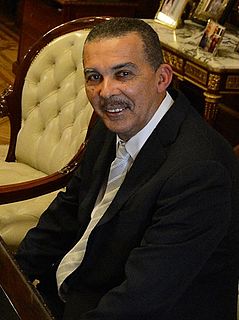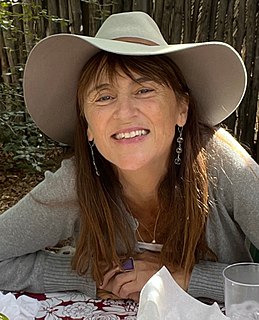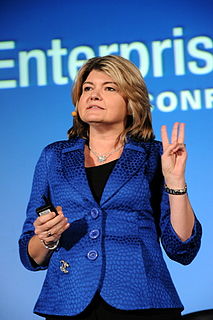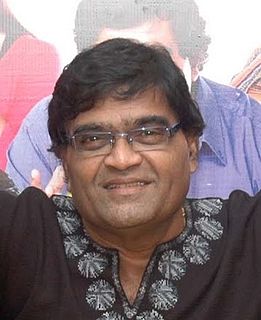A Quote by Robert Lepage
With the social media phenomenon, where people's opinions inform so much of what we do with our lives, where the number of 'likes' decides what we should program, I cringe.
Related Quotes
Social media is here to stay, and the social phenomenon that is bringing this about is consumers' willingness to share more about themselves, share more about what they're doing... people are even willing to disclose where they're at. And this phenomenon is going to create huge commerce opportunities on the web.
As far as self-confidence goes, so much of social media is about approval, getting likes, comparing our lives to others' - meanwhile, confidence is an inside job: it's about how you feel about yourself regardless of what anyone else does or thinks. It's a knowing that you're human, you're flawed, and you're awesome in your own way.
For too many of us, it's become safer to retreat into our own bubbles, whether in our neighborhoods or on college campuses, or places of worship or especially our social media feeds, surrounded by people who look like us and share the same political outlook and never challenge our assumptions. And increasingly, we become so secure in our bubbles that we start accepting only information, whether it's true or not, that fits our opinions, instead of basing our opinions on the evidence that is out there.
Social media is something of a double-edged sword. At its best, social media offers unprecedented opportunities for marginalized people to speak and bring much needed attention to the issues they face. At its worst, social media also offers 'everyone' an unprecedented opportunity to share in collective outrage without reflection.
We're being asked to continually be "authentic" and "honest" with the world through social media. There's a demand to post our wedding pictures, baby pictures (only minutes after the birth), our relationship status, and our grief and joys on Facebook and Instagram. Similarly, we construct persona through dating apps and networking sites. All of these social media networks exert pressure on us to share the personal details of our lives with unknown masses. So the pressure on the characters in "Openness" isn't merely romantic, but public/social as well.




